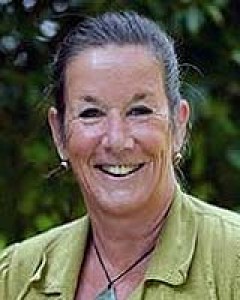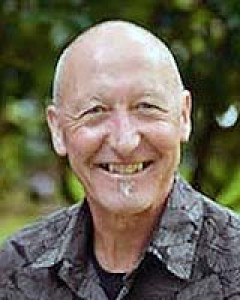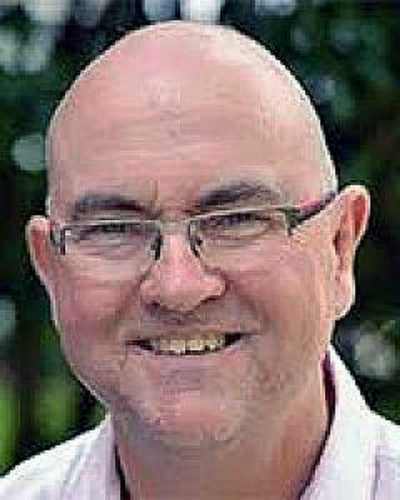Now published, see the full article 
Early Abstract:
Introduction: The use of Implantable Cardioverter Defibrillators (ICDs) is increasing in both New Zealand and Australia. Likewise both countries are experiencing an ageing of their rural populations. Much of the ICD literature focuses on the experience of those living in urban environments, with little known about the experiences of those living in rural contexts. This study, therefore, aimed to answer the following questions: ‘Does living rurally impact the ICD recipient experience and that of their partners?’ and ‘Can understanding their experiences inform best practice care for those living rurally with an ICD?’
Methods: This qualitative study employed purposive sampling and semi structured interviews to produce rich narrative data. A general inductive approach was then used to analyse data, producing a series of coded themes through an iterative strategy, to generate an understanding of the rural lived experience post ICD implantation. Interpretations and conclusions were tested with participants at a debriefing meeting at the conclusion of the study.
Results: In total, 14 ICD recipients and nine partners/carers/whānau (family) were interviewed. One recipient was Māori (indigenous New Zealander) and one female, with ages ranging from 57-89 years. The length of time from ICD insertion varied from less than a year to 12 years. The final analysis highlighted the substantial role played by partners/carers of recipients. How this recipient – partner/carer dyad managed the post-ICD insertion experience was a major theme in this study. The perennial challenges of advance care planning and ICD deactivation conversation; unmet need for peer support and gaps in the provision of health-related information were all highlighted as challenges to these rural participants. The rural locale, however, posed limited challenges. Loss of a driving licence following receipt of shock therapy was irksome due to the unavailability of public transport but the impediment posed by the device on the practicalities of rural living, such as the need to use power tools and move electric fences was, for some, more of an issue.
Conclusion: This is one of the few studies that has considered the influence of rural location on the post-ICD insertion experience of patients and their partners/carers. Rural living post-ICD insertion did not appear to substantially negatively impact on the lives or experiences of these recipients and their partners/carers. While this study did not set out to explore the role of informal carers who live rurally, the study findings suggest that female partners of rural ICD recipients undertake a significant role in terms of shouldering varying responsibilities including medication management, emotional support, and transportation. As the age of ICD recipients increases, so does the age of their partners, therefore, they are also likely to be living with one or more long term condition. Health professionals need to be aware of this additional burden as research suggests rural informal caregivers are less likely to report associated issues.




